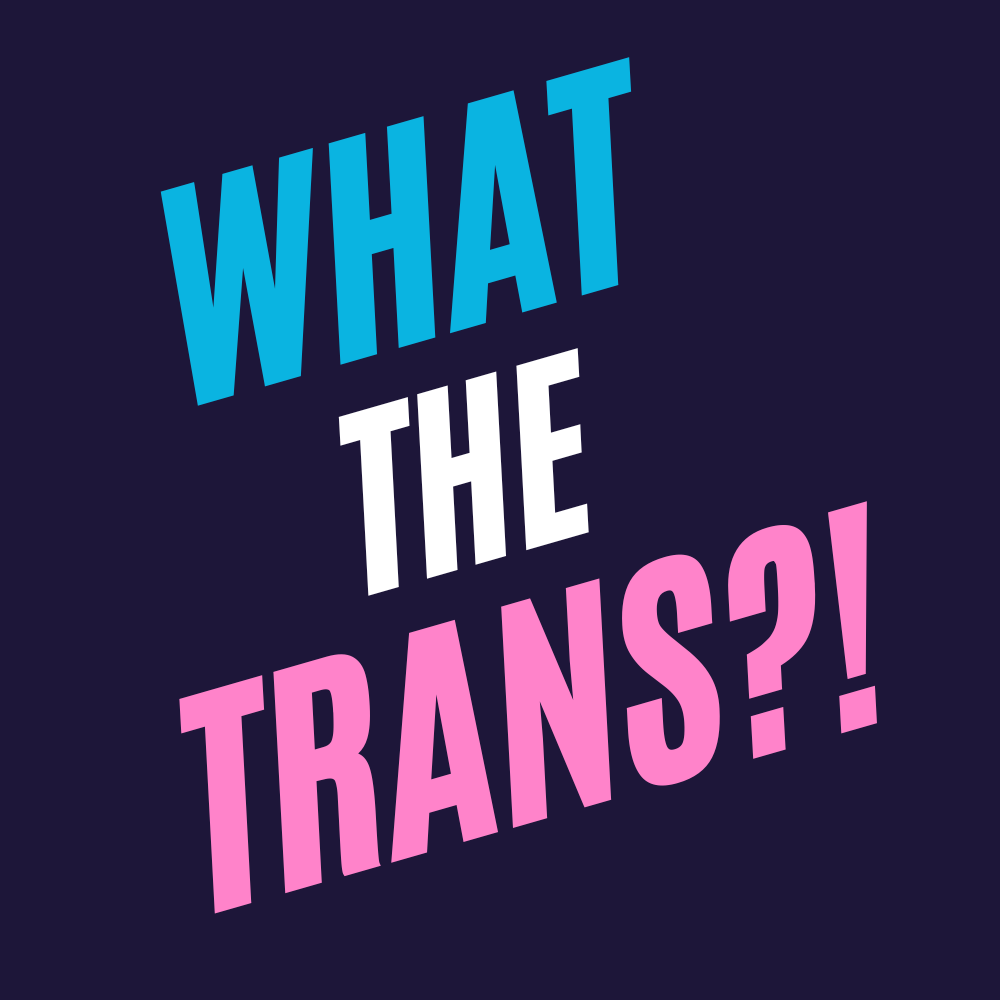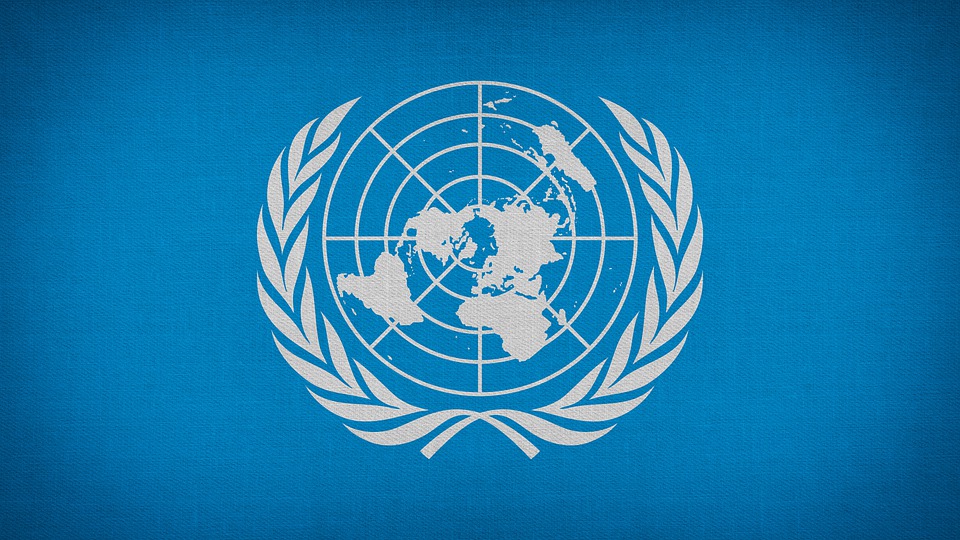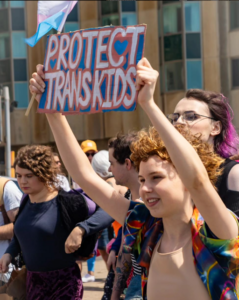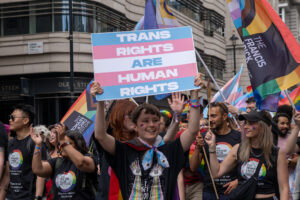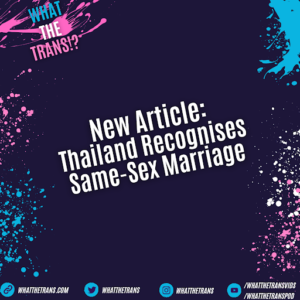The United Nations Independent Expert on sexual orientation and gender identity has condemned the UK’s handling of trans issues in a statement published earlier today.
Victor Madrigal-Borloz arrived in the UK three weeks ago to conduct an assessment of the UK for an upcoming report for the UN’s Human Rights Council.
In the 18 page statement Madrigal-Borloz heavily criticised the EHRC’s recent letter to the Government’s minister for women and equalities that recommended seriously considering amending the Equality Act to define sex as purely biological.
As we at What The Trans pointed out on a recent podcast this move would allow seemingly any public service or utility designated as “single sex” to ban access to trans people on the basis of their sex that was assigned at birth.
In a shocking revelation, Madrigal-Borloz revealed that the EHRC did not specify a definition for “biological sex” according to what he was told in a recent meeting he had with EHRC commisioners. He went on to say that he was then told that the intended definition for biological sex was “women who are not trans”.
Madrigal-Borloz was also told by an EHRC commissioner that:
“under the Equality Act, […] a trans woman who does have a GRC is a woman under the current case law. […] if the government decides to make the amendment, they don’t need to
define biological sex, they can do it by way of exclusion of the GRA.”
According to his statement, Madrigal-Borloz concluded that this showed that the EHRC had the objective of making currently unlawful discrimination against transgender women allowable. He also noted that this move would be remain unlawful under international human rights law.
He also highlighted the toxicity of the debates in UK society around the presence and existence of transgender people and wrote that according to a great many LGBT individuals and organisations he spoke to, the UK government and other political public figures had fuelled anti-trans discourse that was “trickling down” onto trans people in the UK in the forms of discrimination, hate crimes and both online and offline abuse.
At the end of his statement, Madrigal-Borloz went on to praise LGBT activists and organisations, stating that:
“At the end of the visit, the Independent Expert stands in awe of the courage, resilience, resourcefulness and joy that he witnessed in his exchanges with lesbian, gay, bisexual, trans and gender diverse persons, LGBT-led and LGBT-serving organizations, all of whom carry out their lives and their work in the United Kingdom under the extreme pressure and hostility of a public debate which, today, questions rights that are directly connected with their dignity and, in some cases, their very existence.”
According to Madrigal-Borloz he will now begin finalising his report with the intention to send the full report to the UK government and to the UN’s Human Rights Council before June of next year.
In response to the Madrigal-Borloz’s statement the UK Government released a statement to us saying:
“The UK has a proud history of LGBT rights, including being one of the first countries to legalise same sex marriage. We remain committed to strengthening LGBT rights and freedoms both at home and overseas.
“We do not agree with some of the initial observations made by the UN Independent Expert but will await the final report in due course.”
We also asked for comment from the EHRC but did not receive a statement in time for publishing.
